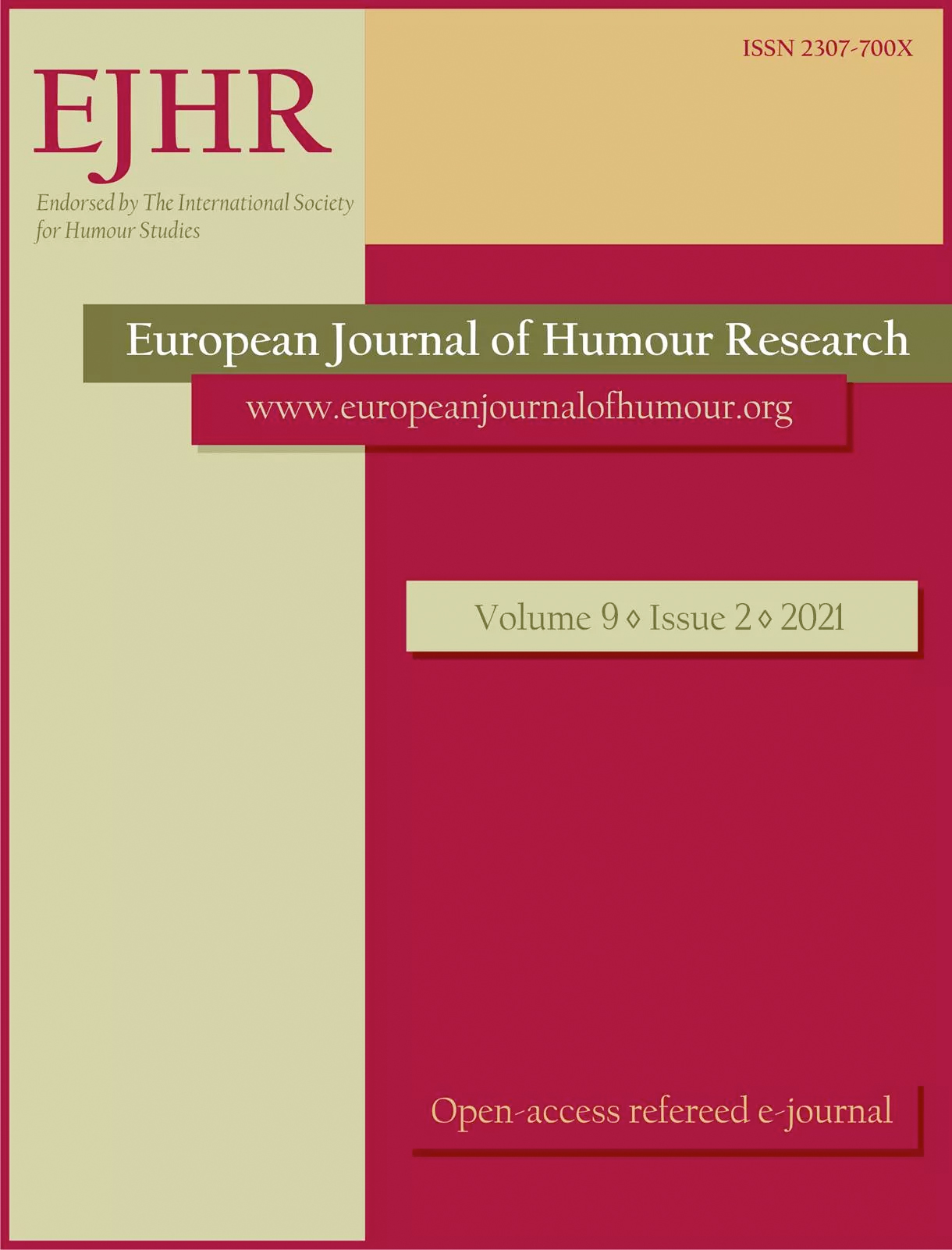When Homer ceased laughing
When Homer ceased laughing
epic humour and the means of its apology in antique allegorism and symbolism
Author(s): Fedor ShcherbakovSubject(s): History, Anthropology, Social Sciences, Language and Literature Studies, Semiotics / Semiology, Theoretical Linguistics, Applied Linguistics, Communication studies, Ancient World, Pragmatics, Descriptive linguistics, Cultural Anthropology / Ethnology
Published by: Krakowskie Towarzystwo Popularyzowania Wiedzy o Komunikacji Językowej Tertium
Keywords: allegory; ancient laughter; Homer; symbol;
Summary/Abstract: Since the very beginning of its proliferation, the Homeric epic has been subject to various ways of interpretation and modes of understanding. Particular attention has been paid to those passages from Homeric poems in which the gods commit obscene, absurd, or comical actions. In the opinion of critics of Iliad and Odyssey, such myths were not worthy of the appropriate faith in the Greek gods. Therefore, my article focuses on the third, “comical” group of these Homeric grey areas, and deals with the following questions: how and why did Homer’s comical passages move from a discourse of the ridiculous and the funny to a discourse of the serious by means of philosophical interpretation over the centuries? I will try to uncover the general principles and conditions of that hermeneutical mechanism which made it possible to translate Homer’s comical plots from the language of Olympic “domestic” nonsense into the language of the most important physical, ethical, and metaphysical truths. To achieve this task, my article will conditionally distinguish two ways of transition from the comical to the serious: the first, which was carried out in ancient allegorism, was to directly produce a translation, and to declare that the “superficial” meaning of the myth is false, and its deep level is true. The second way –ancient symbolism –was to turn the comical into the serious through the immediate translation of comical myths into the religious discourse of the sacred, which did not imply a stark contrast between the comical and the serious but, on the contrary, harmonized them.
Journal: The European Journal of Humour Research
- Issue Year: 9/2021
- Issue No: 2
- Page Range: 63-73
- Page Count: 11
- Language: English

